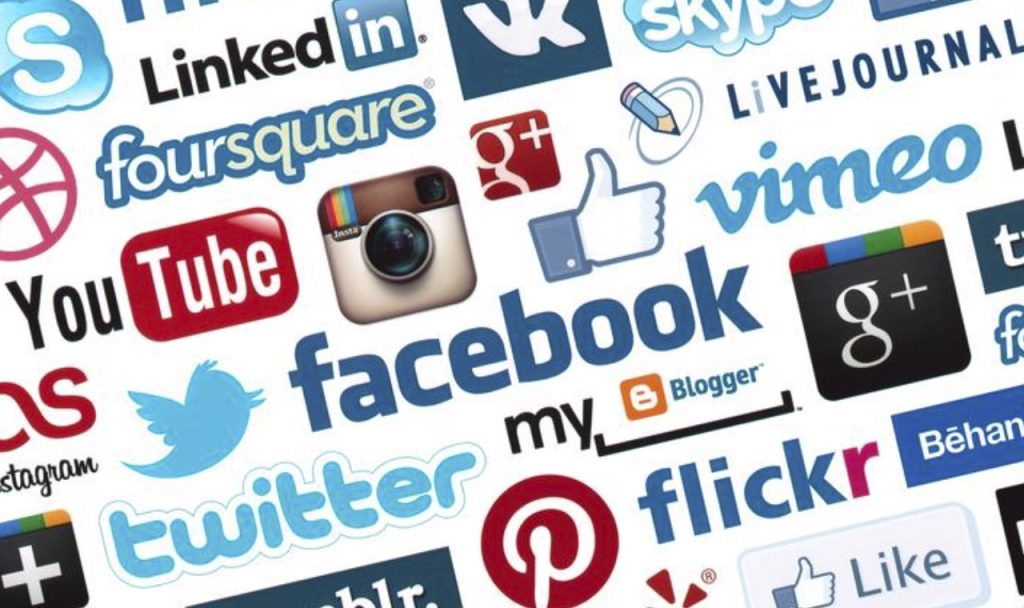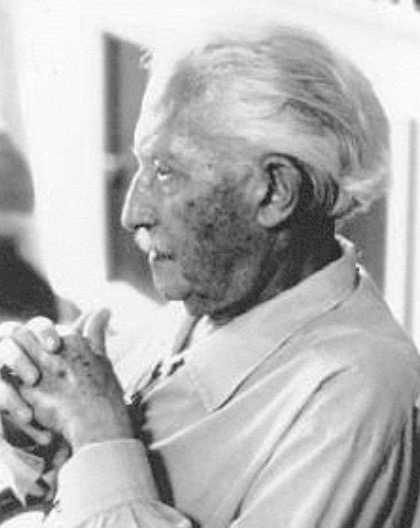With the tremendous online platform goes virus, it is more and more easy for nowadays people precent them-self. There is a very interesting thing. A part of people’s online identity may be contradicted with his real identity. Which means a shy person could talkative and outgoing in internet.It should be noted that an individual’s identity is “fluid” rather than “static.” An individual’s offline identity is constrained by his or her corporal body and the physical situations . Factors (e.g., race, age, and gender) that affect an individual’s offline identity are usually beyond his or her control. However, in the online world, people can construct and present their online identity selectively. In this case, the virtual identity that an individual builds online is not necessarily tied to his or her offline identity. An individual can use different digital means to create an identity that he or she wishes to express online.

Erick.E (1950) separated our development experience into 8 stages. Teenagers, 9 to 20, stay at the identity/ role confusion stage. In this stage, a big part of adolescents have the characteristics of large emotional fluctuations, unformed values, and vulnerability to external influences. Further more, role confusion always occur in this stage. In the real world, everyone have clear and unique identity. When a person’s identity is determined, the role that a person can and ought to play in reality is considerable. In any cultural society, this social framework is necessary to maintain the proper functioning of social structures and interpersonal interactions. In the networked society, the virtual communities of the Internet give people a chance to vary the rules of personal identity in the real world. The virtual attribution and anonymous mechanisms of online virtual communities allow them to freely choose and determine their identity. For teenagers who stage identity confusion, social media probably causes mess and crisis psychologically. The blurred identity of teenagers and the special attribution of social media causes severe role diffusion. Additionally, severe role diffusion may last a long time even though people pass through this stage. It will cause people not to have a clear cognitive identity in society.

Reference list
Kim, H.-W., Zheng, J. R., and Gupta, S. (2011). Examining knowledge contribution from the perspective of an online identity in blogging communities.
Erikson, E. H. (1950). Childhood and society. W W Norton & Co. (https://psycnet.apa.org/record/1951-04438-000) 2023.11.6


I think that in this post you mention all the essential details that it should have, such as the fact that race, sex or religion lose relevance through the Internet to a certain extent. I also think that in general it is very well structured and written, very good work.